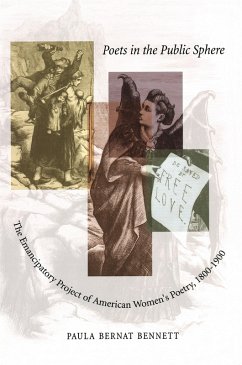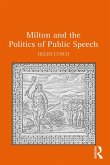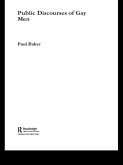Based entirely on archival research, Poets in the Public Sphere traces the emergence of the "New Woman" by examining poetry published by American women in newspapers and magazines between 1800 and 1900. Using sources like the Kentucky Reporter, the Cherokee Phoenix, the Cincinnati Israelite, and the Atlantic Monthly, Bennett is able to track how U.S. women from every race, class, caste, region, and religion exploited the freedom offered by the nation's periodical press, especially the poetry columns, to engage in heated debate with each other and with men over matters of mutual concern.
Far from restricting their poems to the domestic and personal, these women addressed a significant array of political issues--abolition, Indian removals, economic and racial injustice, the Civil War, and, not least, their own changing status as civil subjects. Overflowing with a wealth of heretofore untapped information, their poems demonstrate conclusively that "ordinary" nineteenth-century women were far more influenced by the women's rights movement than historians have allowed. In showing how these women turned the sentimental and ideologically saturated conventions of the period's verse to their own ends, Bennett argues passionately and persuasively for poetry's power as cultural and political discourse. As much women's history as literary history, this book invites readers to rethink not only the role that nineteenth-century women played in their own emancipation but the role that poetry plays in cultural life.
Far from restricting their poems to the domestic and personal, these women addressed a significant array of political issues--abolition, Indian removals, economic and racial injustice, the Civil War, and, not least, their own changing status as civil subjects. Overflowing with a wealth of heretofore untapped information, their poems demonstrate conclusively that "ordinary" nineteenth-century women were far more influenced by the women's rights movement than historians have allowed. In showing how these women turned the sentimental and ideologically saturated conventions of the period's verse to their own ends, Bennett argues passionately and persuasively for poetry's power as cultural and political discourse. As much women's history as literary history, this book invites readers to rethink not only the role that nineteenth-century women played in their own emancipation but the role that poetry plays in cultural life.
Dieser Download kann aus rechtlichen Gründen nur mit Rechnungsadresse in A, D ausgeliefert werden.









